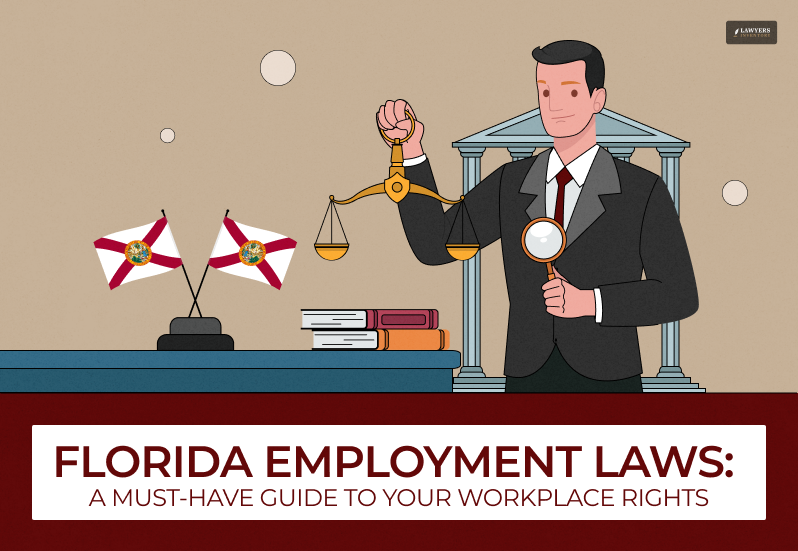
Florida, known for its sunshine and beaches, has a complex web of employment laws governing the workplace.
These laws protect employees’ rights and ensure fair treatment in various aspects of their professional lives.
From minimum wage and overtime to discrimination and harassment, understanding these laws is crucial for employees and employers.
This article aims to shed light on the most important Florida employment laws. Whether you’re a new employee, a seasoned professional, or an employer, this blog will provide valuable information to navigate your workplace rights and responsibilities effectively.
So, if that’s what you are searching for, keep reading…
Understanding Florida’s Key Employment Laws
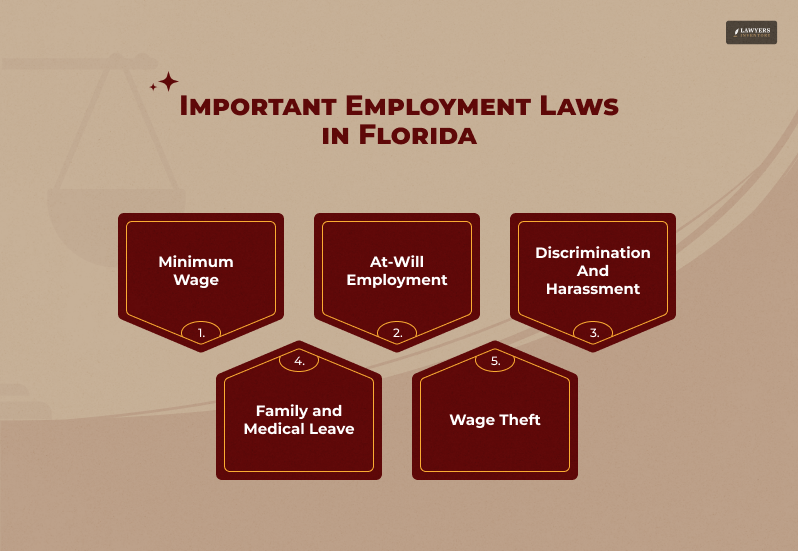
Like many other states, Florida has a set of employment laws that protect workers’ rights and ensure fair treatment in the workplace. Understanding these key employment laws is essential for employees and employers in Florida.
Some of the most important laws include:
- Minimum Wage: Florida’s minimum wage is currently $12.00 per hour. This means that employers must pay their employees at least this amount per hour for their work. Additionally, there are specific regulations regarding overtime pay for hours worked beyond the standard workweek.
- At-Will Employment: Florida is an at-will employment state, meaning that employers can generally hire and fire employees at any time for any reason (that is not illegal). However, there are some exceptions to this rule, like retaliation, discrimination, or violations of public policy.
- Discrimination and Harassment: Florida law prohibits discrimination and harassment based on protected characteristics, which include race, color, religion, sex, national origin, age, disability, genetic information, and marital status. This means employers cannot treat employees differently or harass them based on these factors.
- Family and Medical Leave: Also known as FMLA, this leave provides eligible employees up to 12 weeks of unpaid leave in 12 months for certain family or medical reasons. These reasons may include the birth or adoption of a child, caring for a family member with a serious health condition, or the employee’s serious health condition.
- Wage Theft: Wage theft is a serious issue in Florida, and the state has laws to protect workers from being cheated out of their wages. This includes ensuring employees receive their full wages, overtime pay, and other legally required benefits.
Now let us take a look at it in detail:
Minimum Wage
The minimum wage in Florida, like in many other states, establishes the lowest hourly amount that employers are permitted to pay their employees. Thanks to this law, all workers will be paid fairly for their efforts.
As I have previously stated, Florida’s minimum wage is currently $12.00 per hour. This implies that regardless of an employee’s position or degree of experience, companies must pay at least this much per hour for their labor.
It’s crucial to remember that certain professions or sectors could have greater minimum salary standards. Apart from the standard minimum wage, Florida has particular rules regarding overtime compensation.
Overtime pay is the time-and-a-half rate employees earn for working more than 40 hours in a workweek. This means that employees who work 50 hours a week are entitled to regular pay for the first 40 hours and time-and-a-half pay for the remaining 10 hours.
It’s important to note that the minimum wage and overtime pay laws may change over time. For instance, the latest reports from the Government state that the hourly minimum wage in the Sunshine State will become $15.00 per hour by 2026.
Therefore, staying informed about the latest regulations is always a good idea to ensure you receive the appropriate wages for your work.
At-Will Employment
Florida is an at-will employment state, which means that employers can rightfully hire and fire employees at any time for any reason that is not illegal. This means that employees do not have a contractual right to their jobs, and employers are not required to provide a reason for terminating an employee’s employment.
However, there are some exceptions to the at-will employment doctrine in Florida. These exceptions include:
- Discrimination: Employers cannot terminate an employee’s employment based on protected characteristics, such as race, color, religion, sex, national origin, age, disability, genetic information, or marital status.
- Retaliation: Employers cannot retaliate against employees for exercising their rights under Florida law, such as filing a complaint of discrimination or harassment.
- Violation of public policy: Employers cannot terminate an employee for refusing to engage in illegal or unethical behavior or for reporting illegal or unethical activity.
Discrimination and Harassment
Florida law prohibits discrimination and harassment based on protected characteristics. These protected characteristics include:
- Race
- Color
- Religion
- Sex
- National origin
- Age
- Disability
- Genetic information
- Marital status
Prohibited forms of discrimination and harassment include:
- Denial of employment opportunities: This includes refusing to hire, promote, or give raises to individuals based on their protected characteristics.
- Creating a hostile work environment: This includes creating a workplace environment that is intimidating, hostile, or offensive due to an individual’s protected characteristics.
- Retaliation includes taking adverse actions against an individual for complaining about discrimination or harassment.
Suppose you believe you have been the victim of discrimination or harassment in the workplace. In that case, you can file a complaint with the Florida Commission on Human Relations or the Equal Employment Opportunity Commission (EEOC). You can also consult with an attorney to discuss your legal options.
Family and Medical Leave in Florida
The Family and Medical Leave Act (FMLA) is a federal law that provides eligible employees up to 12 weeks of unpaid leave in 12 months for certain family or medical reasons. Employees working in Florida can use this leave for:
- The birth or adoption of a child.
- Caring for a family member with a serious health condition.
- The employee’s serious health condition.
To be eligible for this leave, people must have worked for at least 12 months for their employer. Additionally, they must have worked at least 1,250 hours during the previous 12 months.
Additionally, the worker must report to a location where the employer employs fifty or more people within a 75-mile radius. Depending on their needs, employees may take intermittent or continuous FMLA absences.
However, the overall time off cannot be more than 12 weeks in a year. Employers are often compelled to continue the employee’s health insurance coverage throughout an FMLA leave.
When workers return to work, they could also have to return to their original or comparable roles. There are a few exceptions to these rules, though.
It’s crucial to remember that although the FMLA is a federal statute, several states have their own family and medical leave policies, including Florida.
These state laws may provide additional protections for employees, such as longer leave periods or coverage for additional family members.
Wage Theft
Wage theft is a serious issue that can significantly impact workers’ financial well-being. It occurs when employers fail to pay employees full wages, overtime pay, or other legally required benefits.
Common wage theft violations include:
- Paying less than minimum wage: Employers may pay employees less than the minimum wage required by law.
- Failing to pay overtime: Employers may fail to pay employees time-and-a-half for hours worked more than 40 hours per week.
- Misclassifying employees as independent contractors: Employers may misclassify employees as independent contractors to avoid paying them benefits or overtime.
- Withholding final paychecks: Employers may fail to pay employees their final wages upon termination of employment.
- Charging employees for uniforms or equipment: Employers may charge employees for uniforms or equipment they must wear or use for their jobs.
If you believe that you have been the victim of wage theft, there are several steps you can take to report the violation:
- Document the violation: Keep detailed records of your hours worked, pay stubs, and other relevant information.
- Contact your employer: Talk to your employer about the wage theft and try to resolve the issue directly.
- File a complaint with the Florida Department of Labor: The Florida Department of Labor investigates wage theft complaints and can take enforcement action against employers who violate the law.
- Consult with an attorney: An attorney can help you understand your rights and take legal action if necessary.
It’s important to report wage theft promptly, as the statute of limitations for filing a claim may be limited. By reporting wage theft, you can help to protect yourself and other workers from exploitation.
Dealing With Worker’s Compensation in Florida
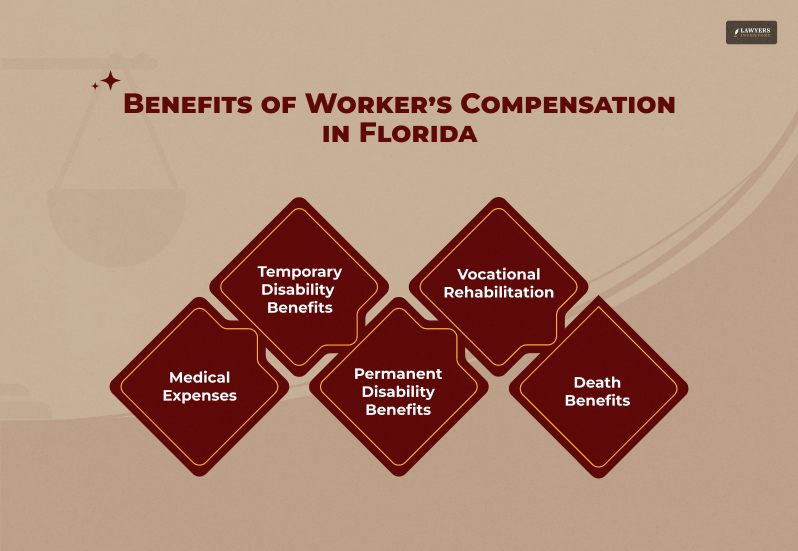
Worker’s compensation is a type of insurance that provides benefits to employees who are injured or disabled on the job.
It is a no-fault system, which means that people can get benefits regardless of who was at fault for the accident.
To be eligible for worker’s compensation benefits, employees must prove that their injury or illness arose out of and in the course of their employment.
This means that the injury or illness must have occurred while the employee was performing their job duties.
The types of benefits available under worker’s compensation include:
- Medical expenses: Worker’s compensation covers the cost of medical treatment related to the injury or illness, including doctor’s visits, hospitalization, and surgery.
- Temporary disability benefits: These benefits provide income replacement for employees who are unable to work due to their injury or illness.
- Permanent disability benefits: These benefits provide income replacement for employees who have a permanent disability resulting from their injury or illness.
- Vocational rehabilitation: Worker’s compensation may cover the cost of vocational rehabilitation services to help employees return to work or find a new job.
- Death benefits: In the event of a fatal workplace accident, worker’s compensation may provide death benefits to the employee’s family.
There are some limitations on worker’s compensation claims. For example, employees who intentionally injure themselves or who are intoxicated on the job may not be eligible for benefits. Additionally, there may be limits on the benefits an employee can receive.
It’s important to note that worker’s compensation is generally the exclusive remedy for workplace injuries.
This means that employees cannot sue their employer for negligence if they have received worker’s compensation benefits. However, there may be exceptions to this rule, such as intentional torts or third-party liability.
Labor Unions in Florida
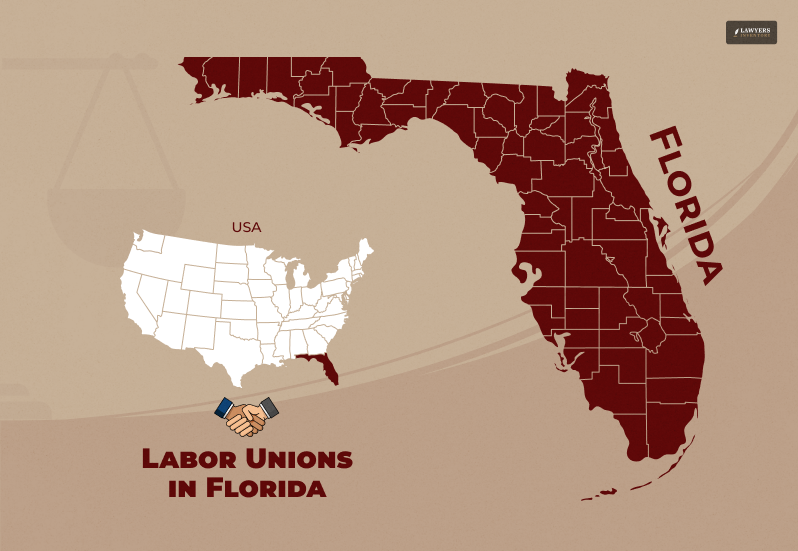
Florida law protects employees’ rights to form labor unions and engage in collective bargaining. This means that employees can negotiate with their employers for better wages, benefits, and working conditions.
To form a union, employees must follow a specific process. This typically involves collecting authorization cards from a majority of employees in the bargaining unit.
Once a majority of employees have signed authorization cards, the union can petition for an election to determine whether employees want to be represented by the union.
If employees vote to form a union, the union and the employer must engage in collective bargaining. This process involves negotiating a collective bargaining agreement (CBA) that outlines the terms and conditions of employment for all employees in the bargaining unit. The CBA typically covers issues such as wages, hours, benefits, and workplace safety.
It’s important to note that while Florida law protects employees’ rights to unionize, there are also some limitations on these rights. For example, public sector employees in Florida may have more restrictions on their unionization rights than private sector employees.
Suppose you are interested in forming a union or learning more about your rights as a union member. In that case, you can contact the National Labor Relations Board (NLRB) or a local labor union.
Florida Employment Laws and Workplace Safety
Florida employers have a legal obligation to provide a safe and healthy workplace for their employees. This means that employers must take steps to prevent workplace injuries and illnesses.
The Occupational Safety and Health Administration (OSHA) is a federal agency. This body is responsible for enforcing the standards for workplace safety. OSHA sets standards for a variety of workplace hazards, including:
- General industry standards: These standards apply to most workplaces, including factories, offices, and retail stores.
- Construction standards: These standards apply to construction sites.
- Maritime standards: These standards apply to workplaces on the water.
- Agriculture standards: These standards apply to agricultural workplaces.
Employers must comply with all applicable OSHA standards. This includes conducting regular workplace inspections, identifying and correcting hazards, and providing employees with safety training.
In addition to complying with federal OSHA standards, Florida also has its own workplace safety laws. These laws may provide additional protections for Florida workers, such as requiring employers to develop written safety programs or to appoint a safety officer.
Know Your Employment Rights Before Moving to Florida
I hope that this blog has been of help to you. If there are any other questions related to the same, please feel free to let me know.
All you need to do is scroll down till you reach the bottom of the page. Then, leave your comments in the box below. And I will be there to answer them all for you.
Read more…
- 5 Qualities To Look For When Hiring An Employment Lawyer
- Having an Employment Law Attorney is a Blessing During THESE Times!
- Georgia Employment Laws and Rules You MUST Know About Before You Go!







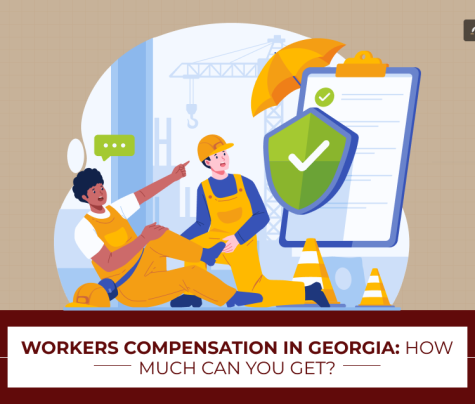


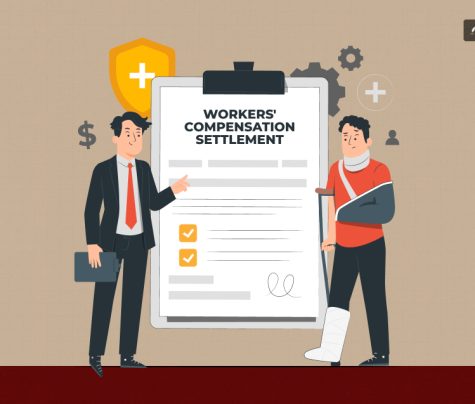
0 Reply
No comments yet.